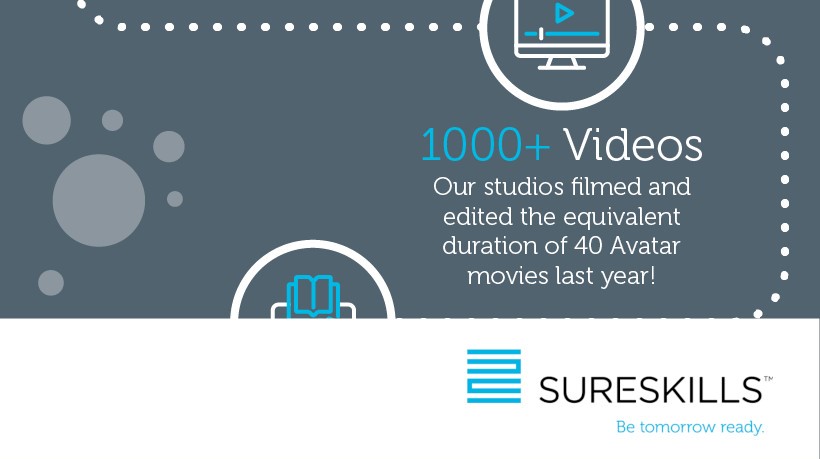What the gig economy means for learning programs.

Employees used to spend their entire career at the same company. Now, the average tenure for an employee aged 25-34 is a mere 3.2 years.
So what happened?
In the past, organizations had long-term employment models designed to train their employees over the course of their lives. How did we go from lifetime engagements to short-term contracts and what does that mean for the employer-employee relationship in 2020?
Recession woes of the 80’s
Up until the 1970’s, companies invested heavily in their employees, refining their skills for a lifetime of productivity. Employees knew if they got a job at a good company, worked hard, and kept their head down, they paved the way for a gold watch and a comfortable pension.
But in the early 1980’s, recession struck. Organizations laid off workers to whom career promises were made, shattering the trust between employers and their employees and laying the foundations (with a few steps in between) for the gig economy, the short-term work engagements we have today.
A shift in priorities
The cracks in trust caused by the 80’s recession turned into a chasm in the 90’s. Companies decided to focus on shareholder value over loyalty to employees, downsizing and distributing roles rather than retaining and reinvesting in their people.
Managers reduced the size of their labor force to boost returns on equity. This policy rippled through industries and became standard practice. Companies no longer wanted to build loyal and dedicated workforces, and instead focused on efficiency, performance, and profitability – the bottom line became the bottom line.
The gig economy
Fast forward to today. Freelance workers now make up more than one third of the workforce. In some ways, employees have broken from employers altogether, opting for increased flexibility and work/life balance over the strings attached to full-time positions.
There are pros and cons for employers and employees. Gig workers increased flexibility comes at the cost of security. Most gig economy jobs offer no benefits, for example, and the isolation of working alone can cause social alienation.
Employers see gig workers as low-cost options that allow them to scale quickly and gives them access to a diverse pool of skills. On the other hand, this makes the workforce less predictable and less reliable, and can have adverse cultural impacts on the working environment.
The Renewed Importance of Learning
Employers must now lure prospective employees away from the gig market by providing some of the perks of self-employment. More and more employers are offering more flexible working conditions (Covid-19 has made remote work a necessity, not a luxury), and providing the basis for career development that might not be available elsewhere.
How are they doing this? Learning. And culture.
Skill development has replaced corporate ladders when it comes to career management. Organizations can facilitate career growth by offering employees highly personalized learning programs and the latest learning recommendations in the flow of work.
Not only that, companies like AT&T realize it is easier to upskill and reskill their own employees with dynamic career academies than it is to compete in the (expensive!) job market for the skills they need.
Finally, learning programs facilitate a culture of collaboration that hinges on personal and professional development. It also provides millennials with what they need: more autonomy, flatter organizations, and a sense of purpose in the workplace.
The employer/employee relationship continues to evolve in the face of mass unemployment and shifting priorities as a result of the coronavirus.
Whatever happens in the future, learning will likely continue to be the hub on the wheels of change.




